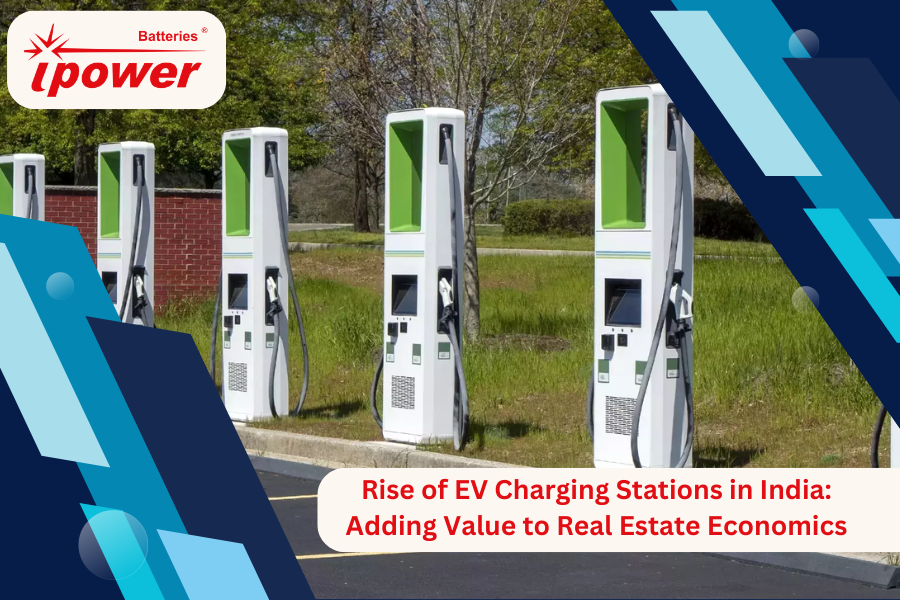India is witnessing a significant surge in the adoption of electric vehicles (EVs), driven by the government’s push for reducing carbon emissions and promoting sustainable mobility. As of February 2024, the country has 12,146 operational public EV charging stations, a substantial increase from the previous year. This rise is reshaping the landscape of real estate economics, offering new value propositions for properties equipped with EV charging facilities.
Government Initiatives and Policy Support
The Indian government has been proactive in fostering the growth of EV infrastructure through various policies and initiatives. The FAME II (Faster Adoption and Manufacturing of Hybrid and Electric Vehicles) scheme, extended until March 31, 2024, has been a significant driver, with a budget allocation of ₹10,000 crore. This scheme aims to install thousands of new charging stations across the country, including strategic locations like highways and major urban centers.
Impact on Real Estate Economics
The integration of EV charging stations into real estate properties is transforming the sector, offering several economic benefits:
1. Increased Property Value and Demand
Properties with EV charging facilities are becoming highly sought after. Homebuyers and tenants are increasingly viewing EV charging stations as essential amenities. This trend has led to a rise in property values for buildings equipped with charging infrastructure. According to recent reports, properties with EV charging stations can command a premium of 2-5%.
2. Enhanced Tenant Retention and Attraction
For commercial real estate, providing EV charging facilities can be a significant differentiator. Businesses aiming to attract and retain environmentally conscious tenants find EV charging stations a valuable addition. This can lead to longer lease terms and lower vacancy rates, as tenants appreciate the convenience and sustainability benefits.
3. Revenue Generation Opportunities
Property owners can leverage EV charging stations to create additional revenue streams. Charging fees, subscription models, and partnerships with charging network operators can generate steady income. Moreover, advertising opportunities on charging stations can further boost revenue.
4. Positive Environmental Impact and Corporate Image
Installing EV charging stations aligns with corporate sustainability goals, enhancing the green credentials of businesses and properties. This positive environmental impact can attract eco-conscious customers and improve the public image of companies, contributing to business growth and brand loyalty.
5. Future-Proofing Real Estate Investments
As the adoption of EVs continues to rise, properties without charging infrastructure may face obsolescence. Investing in EV charging stations now ensures that properties remain relevant and competitive in the future, safeguarding their market value.
Challenges and Considerations
Despite the benefits, there are challenges in the widespread adoption of EV charging infrastructure. The initial cost of installation, grid capacity issues, and the need for standardized charging protocols are significant hurdles. Collaboration between government bodies, utility companies, and private players is essential to overcome these challenges and create a robust charging network.
Conclusion
The rise of EV charging stations in India is not only facilitating the transition to electric mobility but also redefining the economics of the real estate sector. By enhancing property value, attracting tenants, generating revenue, and aligning with sustainability goals, EV charging stations are adding significant value to real estate investments. As India continues to embrace sustainable transportation, the integration of EV charging infrastructure will play a crucial role in its success, offering substantial benefits to the real estate sector and beyond.





